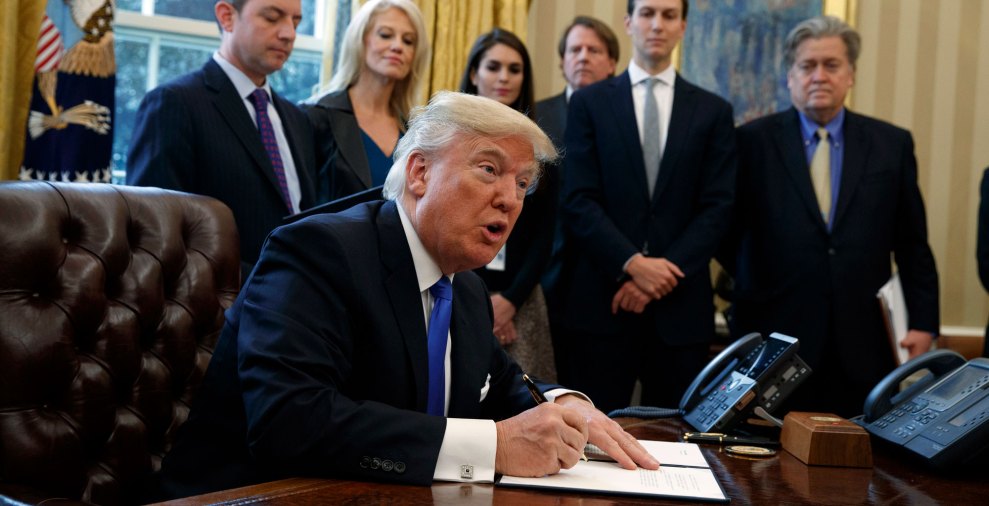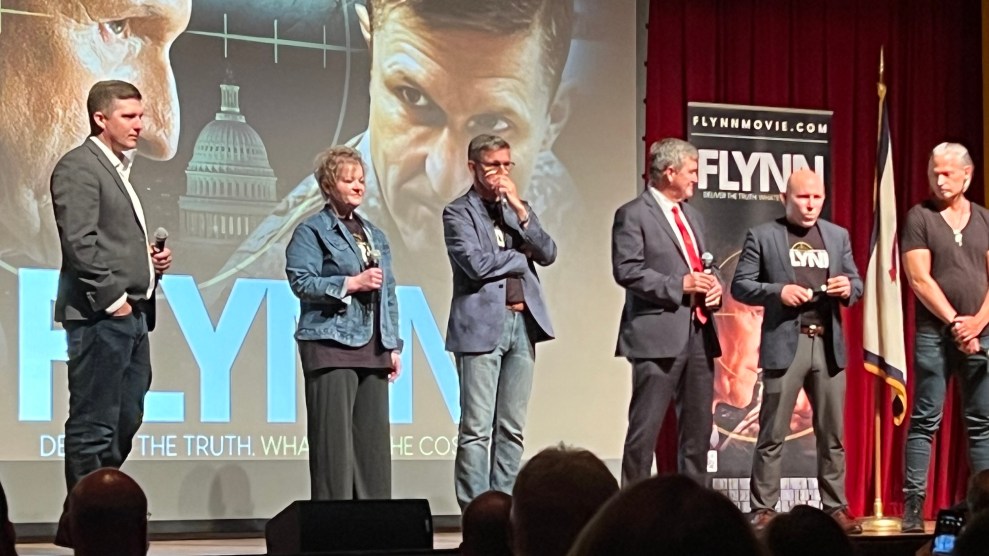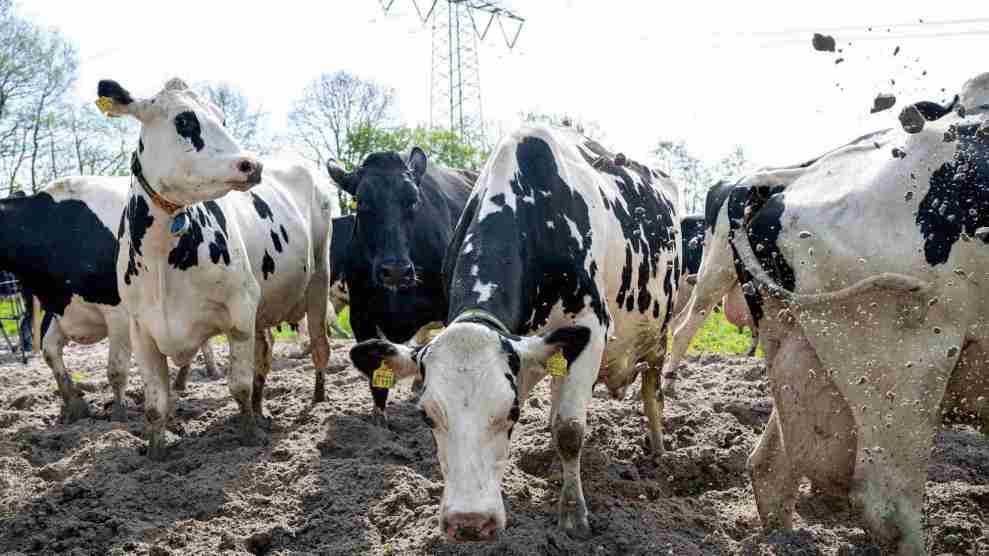Hmmm. Apparently Ben Bernanke wants to change the way that bankers pay themselves:
The Federal Reserve is preparing what would be the most sweeping rules yet to regulate the pay at banks across the country, people close to the discussions said on Friday.
The rules would apply not just to the compensation and bonuses of top executives but also to traders, loan officers and other employees.
But rather than focusing on the specific amount employees are paid, Fed officials will be scrutinizing whether the structure of compensation, like the use of bonuses based on the volume of loan origination, encourages excessive risk-taking.
….The surprising move comes as both the Obama administration and the Congress, as well as governments in other industrialized countries, are pushing for restrictions on executive pay, which many experts say contributed to reckless risk-taking that led to the financial crisis of the last year.
In the mood I’m in right now, I don’t think I’d do more than raise an eyebrow if Bernanke suggested we just shoot every tenth banker on Wall Street as an object lesson to the rest of them. But even so, I’m really lukewarm to this idea — and not just on the practical grounds that it’s almost impossible to really make it work properly.
Basically, I think it’s an admission of surrender. It’s the kind of thing you do either because (a) you can’t solve the underlying problem that causes dangerous pay packages in the first place, or (b) you don’t want to solve the underlying problems and are casting around for some kind of window dressing to divert everyone’s attention from that fact.
The big issue isn’t that bankers get paid too much. That’s just a symptom. The big issue is that banks make too much money by engaging in risky practices. If you reduce that ocean of money, pay will follow. If you don’t, no set of rules in the world will prevent it from eventually making its way into the hands of traders and executives. So instead of trying to regulate pay, why not regulate the dangerous practices themselves and let compensation sort itself out naturally?
Paul Volcker, for example, thinks we ought to get banks largely out of the securities trading business. If we did, that would automatically eliminate gigantic bonuses based on risky, short-term trading profits. We could institute serious rules on the abuse of leverage and overnight repo financing. That would eliminate some of the most volatile sources of short-term earnings. We could levy a transaction tax, which would reduce some of the riskiest (but most lucrative) spread bets. We could limit the size and interconnectedness of hedge funds and other parts of the shadow banking system. All of these things would reduce the amount of money banks earn and therefore the amount they pay their executives.
Plus there’s another bonus! If you reduce the earnings banks get from risky and socially useless financial legerdemain, then (a) Wall Street will be forced to make money by providing actual useful services to the rest of the business community, and (b) more money and investment will flow into productive parts of the economy. If we do that, bad pay practices won’t be a big problem anymore. If we don’t, bad pay practices will be the least of our worries.

















